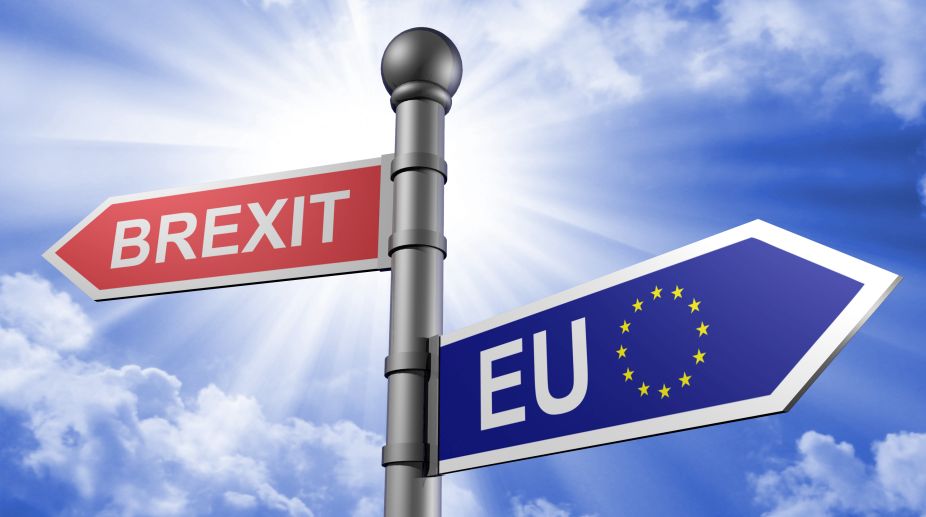EU leaders agree for new sanctions on Iran
European Union leaders agreed late on Wednesday on new sanctions targeting Iran for the direct attack on Israel.

(PHOTO: Getty Images)
Whether or not the United Kingdom should quit the European Union’s Customs Union has, over the past few days, assumed uppermost importance as Theresa May gears up to negotiate with Brussels on the larger issue of Brexit. On Monday, the Prime Minister has categorically let it be known that she intends to take Britain out of the Union ~ “The Government’s position was set out in a future partnership paper on the Customs Union,” she has said.
“We will be leaving the EU and the Customs Union and it is not the Government’s policy to be members of the Customs Union or a Customs Union. That paper, crafted last August, had set out two possible options and they are a highly streamlined customs arrangement and a new customs partnership with the EU.”
It is pretty obvious that Mrs May, who has been under considerable pressure on the issue, has drawn a fine distinction between the two articles of the English language ~ a and the. While the resolve may appear to be fairly logical in the context of quitting the umbrella organisation, the economic import of whether or not Britain stays within the Customs Union is tremendous.
Advertisement
As a member of the continental entity, she will be entitled to enjoy the tariff-free trade that the UK now does. At another remove, leaving it will guarantee the ability to forge
new free-trade agreements with other nations, notably India.
It is an intricate issue pertaining to what economists would call “choice theory” in another context. Small wonder that both the Conservatives and Labour are now contending with a turmoil of ideas as 10 Downing Street braces for a new chapter in British and European economic history…as a prologue to yet another in terms of political history.
Any arrangement short of full involvement will imply increased barriers to trade, a prospect that cannot be readily agreeable either to EU or Britain. Quitting the UK/EU Customs Union and seeking trade deals elsewhere may, on the face of it, appear to be a “delicious deal” as a section of the Conservatives imagine, but the devil lies in the detail and the new arrangement may not be wholly feasible.
Admittedly when 17.4 million people voted to Leave the European Union in June 2016, they were also voting to leave the EU’s Custom’s Union because a major part of the pitch, robustly articulated by the Leave camp, was about taking back control of trade policy.
On closer reflection, as a service-oriented economy, the EU’s tariff schedule does not suit the UK’s economy not least because the EU’s trade policy is focused on countries more reliant on agriculture and manufacturing. This means that consumers in the UK will lose out by effectively paying higher tariffs on commodities they buy. Historically, economic transformation has preceded the political. And so it is in Britain today.
Advertisement